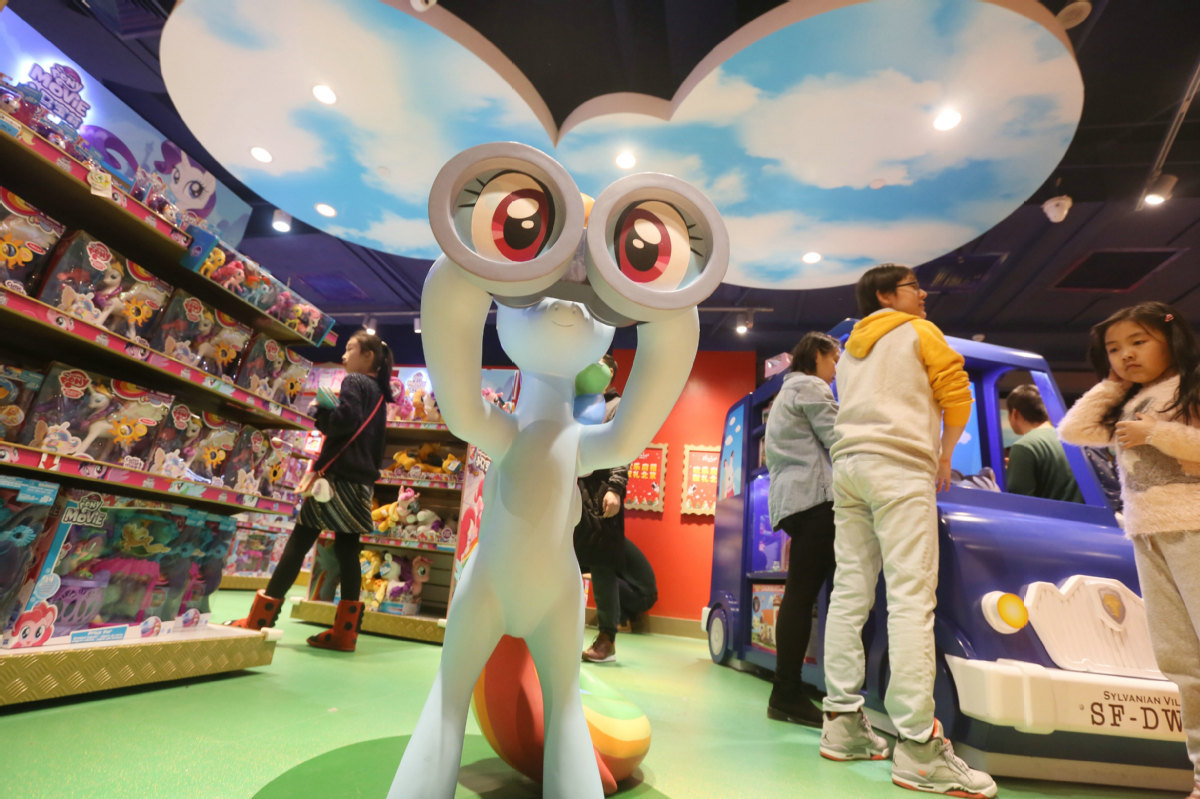Infrastructure, technology underpin China's manufacturing superiority: Hape Group CEO


NEW YORK -- China's manufacturing industry has the superiority of infrastructure and technological knowledge, which is attractive to global investors, a veteran of the toy industry has said.
"China over the last 20 years built very strong infrastructure. I cannot see any country around the world who can match up with that. Especially when you talk about the toy industry. Whatever spare part I need for my products, I find a supplier (there)," said Peter Handstein, founder and CEO of Hape Group, told Xinhua at the 2020 North American International Toy Fair in New York City.
Hape is one of the world's largest producers of toys made from sustainable materials.
Having witnessed and experienced the burgeoning and maturity of China's manufacturing sector, he attributed China's manufacturing superiority partly to the country's success in having trained massive, experienced, well-educated labor force with specific techniques to provide products "at a very accessible price," which "no country can compete with."
Handstein believes that although there is nothing wrong with the willingness to localize production, but once a country loses relevant techniques, knowledge and experiences, it will be "very challenging" for investors and entrepreneurs to bring back the industry and production lines.
China has become very competitive in terms of technology-driven production, he said. "For the toy industry and talking about technology in production, I cannot find another country where we have that."
Being one of the beneficiaries of the development of China's manufacturing industry, the toy group expects to share its value of education through products and communication to Chinese customers amid fierce market competition.
"We plan to open some physical experience centers in China where children can go and use our product to play," said Handstein. "I think the retail have to change to benefit the customers, we need to give them a reason to come to our places."
Handstein established Hape Group over three decades ago in a rural town in central Germany and expanded the business to Ningbo, a port city of East China's Zhejiang province, in 1995, featuring ecological-friendly innovative educational wooden and bamboo toys.
"Sustainability from day one has been a big principle of Hape," he said.
The company has tried to turn various sustainable materials, including wood, bamboo, rice-based plastic and sugarcane plastic, into toys.
"Sustainability in material is a very important part in Hape," added Handstein.




































